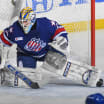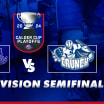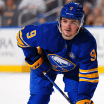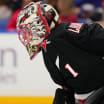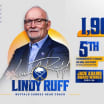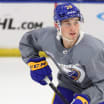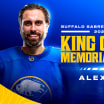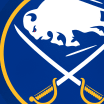There will be a distinct Sabres flavor at the World Cup of Hockey when the tournament kicks off at Air Canada Centre on Saturday. Four of Buffalo's star players are competing: Jack Eichel for the under-23 North America team, Rasmus Ristolainen for Finland, Dmitri Kulikov for Russia and, thanks to a late addition on Wednesday night, Ryan O'Reilly for Team Canada.
For those not familiar with the World Cup of Hockey, it's an NHL-sanctioned international tournament that returns after being last played in 2004. Canada won that year, led by Vincent Lecavalier and Joe Sakic, while the Brett Hull-led United States won the tournament in its inaugural year of 1996. But while the tournament itself is not new, the format is. So allow us to catch you up by answering some of your questions.
World Cup of Hockey: What you need to know
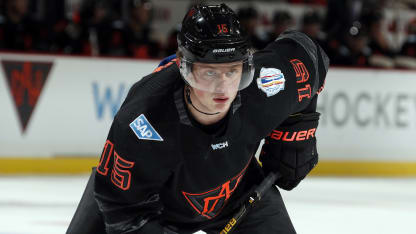
© Gregory Shamus/Getty Images

